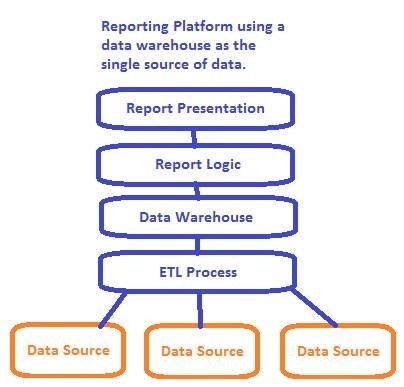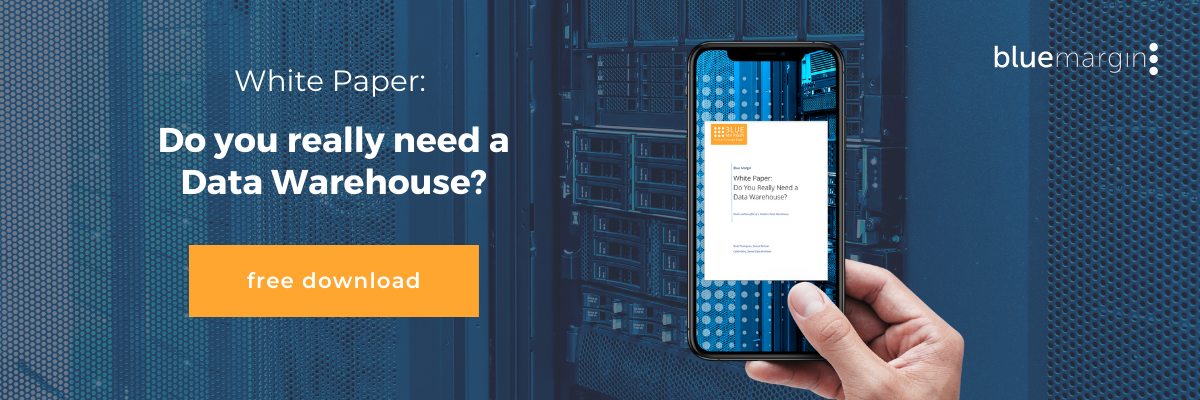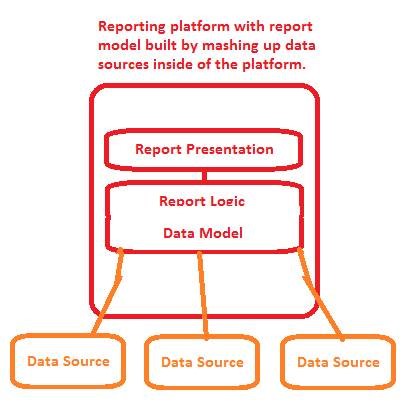In case you need to get caught up . . .
In our last data warehouse post, we talked about how data warehouses are the first building block of becoming a data-driven company. We looked at how DWs make your data easy-to-use, and make your reports/dashboards automated and scalable.
As a review, remember that WITHOUT a data warehouse, your reports are vulnerable to breaking down if a data source changes in any way. Also, WITHOUT a data warehouse, you'll become captive to your reporting system (i.e., your data model will be trapped in a .pbix or other reporting file, making it difficult to centrally manage, share, or integrate with other systems).
WITH a data warehouse, no single tier of your architecture is tightly tied to another tier, meaning your reports will still work, even if one data source changes, "breaking" the ETL for that source. Also, WITH a data warehouse, you can switch business systems (e.g., migrate to a less expensive CRM, opt for a different ETL tool, or change your reporting platform) without worrying about crashing the entire stack. Behold the stunning clip art below illustrating a classing "good example" of how to architect your data stack:
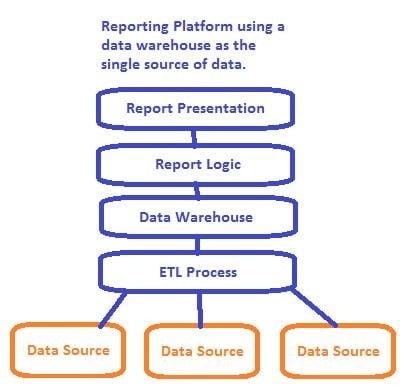
This week, we are going to cover two important points about investing in a data warehouse that are rarely considered.
First, ponder this. What happens when you want to use multiple, different reporting tools? With mashup tools (i.e., reporting tools that also house your ETL and data model), you’ll have to re-create your model within each (assuming your various reporting tools can import all your disparate data sources in the first place). With a data warehouse, you have a centrally-managed and generally available data "market" to which you can connect new components efficiently.
Let’s use this illustration to explain:
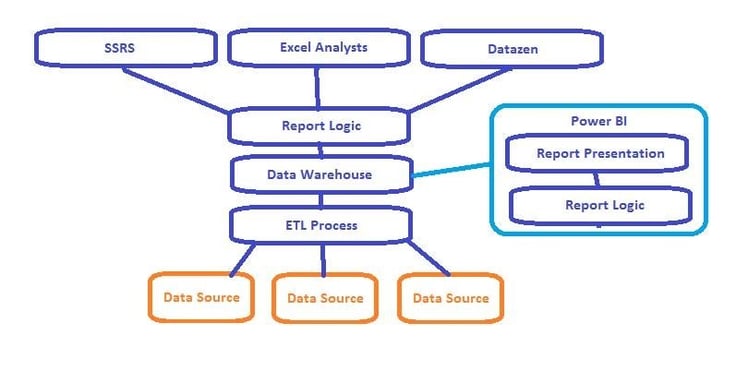
No mashing-up data, just add independent data sources to the system. The structure is clean and non-obstructive to the entire data stack.
Second, if you want to keep your data clean and organized, you need complete control. With a data warehouse, you own your data. You won't be held hostage to your software or service providers.
Consider the following:
- What happens to your reports when your provider changes how the data connection (API) works?
- What happens to your data when your provider increases rates to a level you’re unwilling to pay?
- When your software vendor's API serves up all of your data, how do you control what can be seen by various user categories?
With a data warehouse, you'll take ownership of your data to better ensure your own success.
And why does all this matter?
By investing in a data warehouse, you'll have a more user-friendly and scalable system, and you'll avoid incurring technical debt (there’s that phrase again). You know, those expenses that come later as a result of data implementation shortcuts taken now.
If you are interested in starting a conversation about how to use your data to increase productivity and profits in the next 90-days, then let's talk.
Your Colorado Microbrew Recommendation:
Black Bottle Brewing Company – The Brewery Mash (ABV 12.5%)
Tired of mashing up your data? Well then, celebrate a brighter future by enjoying The Brewery Mash, a local favorite at Black Bottle Brewing company. This intense English ale is the only thing that should be complex about your day.

